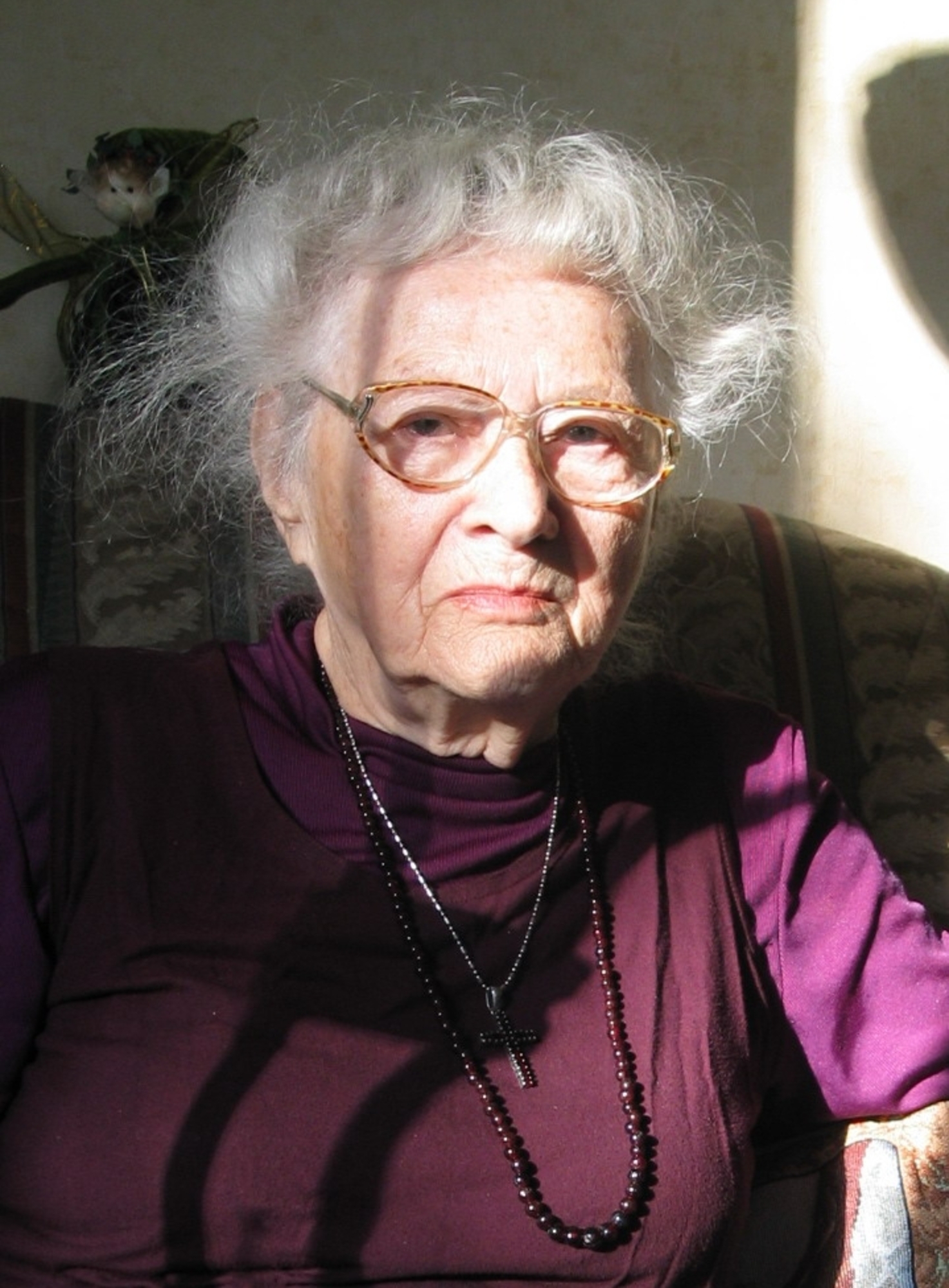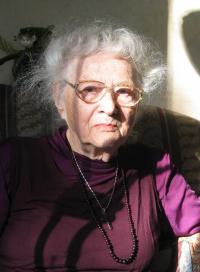I will never forget this soup in Russia

Stáhnout obrázek
Born in Lviv on 14 August 1922. Her father - lawyer and economist - worked as the director of the Communal Savings Association. The family lived in Toruń and for the three years preceding the war - in Częstochowa. After the war had started, the father of Zofia Nastaborska was mobilized, following which the family fled to Lviv. Zofia Nastaborska commenced education at a nursing school and became an intern at the Hospital of the Child Jesus. On 29 June 1940 the whole family was deported to a labor camp in Sverdlovsk oblast. Zofia Nastaborska worked at a nursery, initially as a cleaning lady, later on preparing financial statements and reports. After the Sikorski-Mayski Agreement, the family had been released from the camp and left for Tashkent; then worked at a number of collective farms (kolkhozes). Zofia Nastaborska‘a older brother joined the Polish Army, the younger one joined the affiliated „Junak“ youth association. Zofia Nastaborska started working in a hospital run by Delegatura - the central Agency of the Polish Government in Exile. Together with the Anders Army she had been evacuated to Persia, where for two years she worked in a hospital at a pediatric ward. In 1944 she left for Africa (Tanganyika and Kenya), where she worked in a hospital and an orphanage. In 1947 she decided to return to Poland. She settled down in Cracow, where she graduated from the Economic Academy. She worked for the tin packaging industry.
